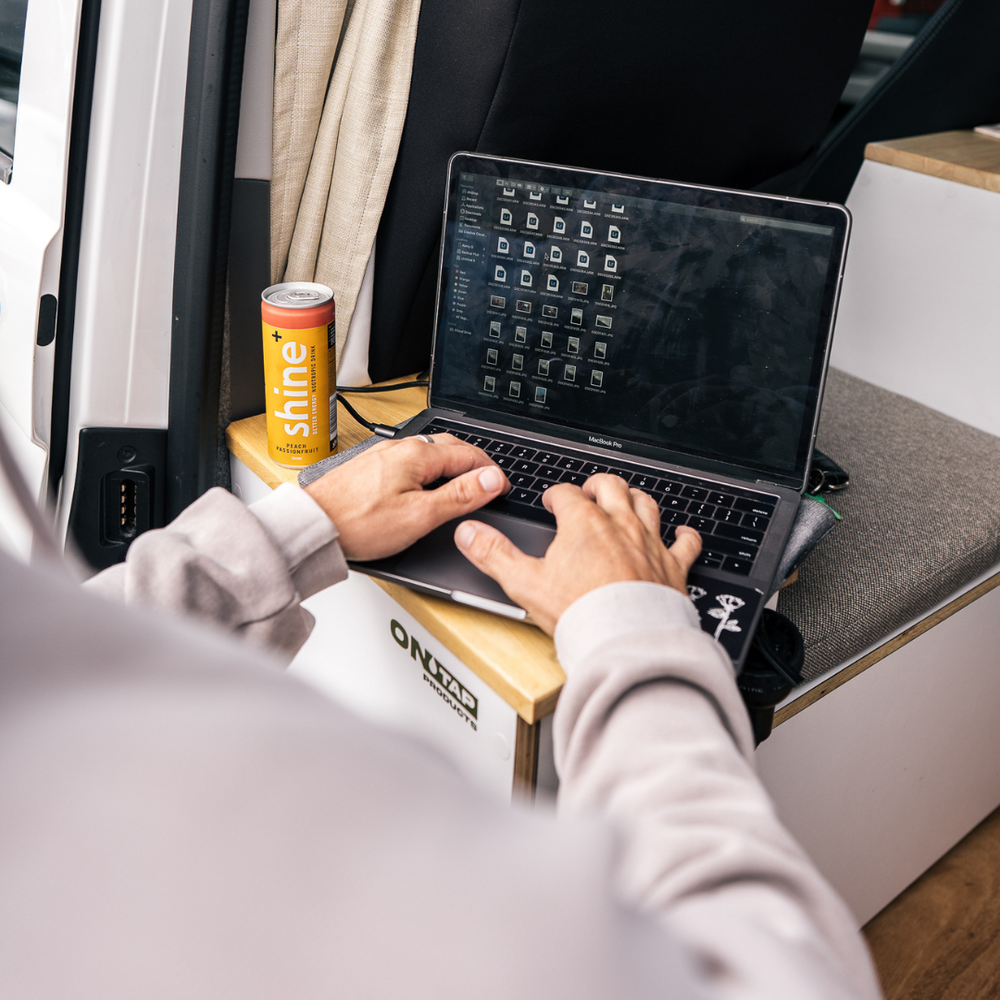HOW TO MAKE THE MOST OF YOUR INTERNSHIP
More often than not, undertaking some form of work experience is encouraged in most practical university courses. On my first day of journalism, we had eight graduates speak to us about their time at uni and every one of them stressed the importance of taking as many internships as you possibly could.
Instead of listening to this advice, out of fear of having my expectations of the journalism world shattered, I waited until the very last moment of my degree to get an internship. It’s something I really regret.
So, here’s my first piece of advice from one uni student to another; during the first two years of your degree when the workload is still fairly light, take every work experience prospect by the horns and don’t let go until you’ve squeezed every ounce of learning opportunity out of it.
If you’ve never undertaken an internship before, or even if you’re currently doing one now, take a look below at the four top tips that will ensure you get the most out of each internship experience.
Set personal goals
You might find that some internships to be quite structured, while others may not be. Regardless of this, it is very important that before starting a new internship that you take the time to work out some goals that you wish to accomplish. This way, you won't walk away feeling like you’ve wasted an experience. The goals that you decide to set could be based on developing certain skills, both personal and professional, or it could be just as simple as developing a professional network.
Also, if the internship that you are undertaking is one that you have sourced yourself, it is probably best that you clarify the employer’s expectations of you, as well as highlighting what you want to get out of the internship. To ensure that there is no confusion, it is a good idea to have these expectations in writing. Where possible, it’s also great to organise regular meetings with your supervisor, which can also be used an opportunity to gain feedback on your performance.
Take on every opportunity that you get
If we’re being realistic, the chances of you finding yourself in an internship that consist of you making the daily coffee runs and collecting the mail etc, I hope are quite low. If you, however, do find yourself in one of those situations, it’s not all bad news.
While those tasks might seem dull and unimportant, by turning up each morning, enthusiastic and ready to take on any job that might need to be done, not only are you showing you’re a hard worker, but it also allows you to observe the companies in’s and out’s. This can be used to your advantage when you use this knowledge to, for an example, pitch an idea in a meeting or even writing an article you think would work great on their website/ magazine etc.
More often than not, if you know your stuff and the work you produce is great quality, you’re going to get people’s attention. Then, when the next meeting rolls around, or the editor needs another piece, there’s a good chance they’ll come knocking on your door.
If, however, you still find yourself being used and abused then maybe the next tip is for you.
If it not longer serves you, leave
The purpose of an internship is for you to gain practical experience in the field that you plan on one day working in. If after a two or three months of interning, you find yourself no longer learning and there’s no sign of the placement progressing further into a job, then it might be time to consider moving on. It might seem like a hard thing to do, especially if you’ve made connections and working relationships within the company, but at the end of the day you have to keep your best interests at heart.
It’s also important to keep in mind that if your internship exceeds more than 100 hours and the work that you are undertaking has started to benefit the company more than it’s benefiting you, you could actually be entitled to some pay. According to the Fair Work Ombudsman, “Any period beyond what is reasonably required to demonstrate the skills required for the job must be paid at the appropriate minimum rate of pay”.
If you are unsure whether or not you should be entitled to a wage and don’t feel comfortable raising the issue with the supervisor of your internship, check out the Fair Work official website or book a meeting with your uni’s careers advisor.
Make sure you walk away with something to put on your resume
One of your goals for your internship should be to walk away with something to put on your resume or in your work portfolio. While some courses put an emphasis on your grades as a means to helping you secure jobs, more often than not, your portfolio of work will be what lands you the job. It’s basically a visual library of your skills and talent that shows an employee what you are capable of doing so putting the effort into one is going to reward you in the long run.
If your internship is over a few weeks and your memory isn't as strong as you'd like it to be, it might be a good idea keep a log. Then you can go back over it later and transfer the information into your resume or portfolio.
The point of an internship is for you to get an idea of what will be expected of you when you enter the workforce, while getting some invaluable experience. Please take my advice and do as many as you can while you’re still studying. Trust me, you don’t want to be stuck making up for it after you graduate.
WORDS BY LAUREN SUTTIE










